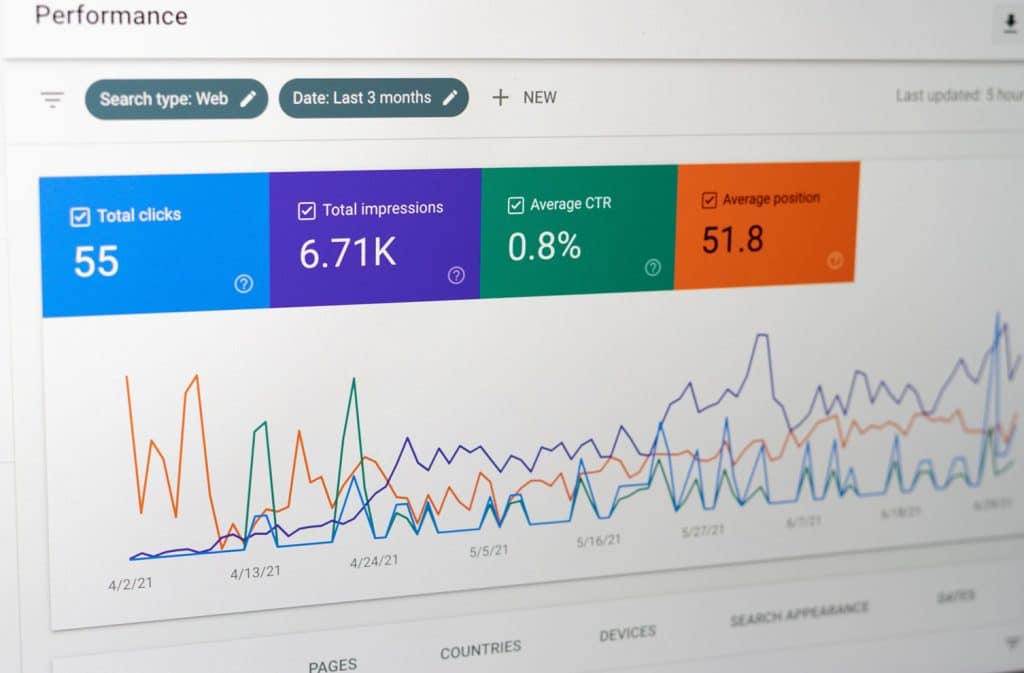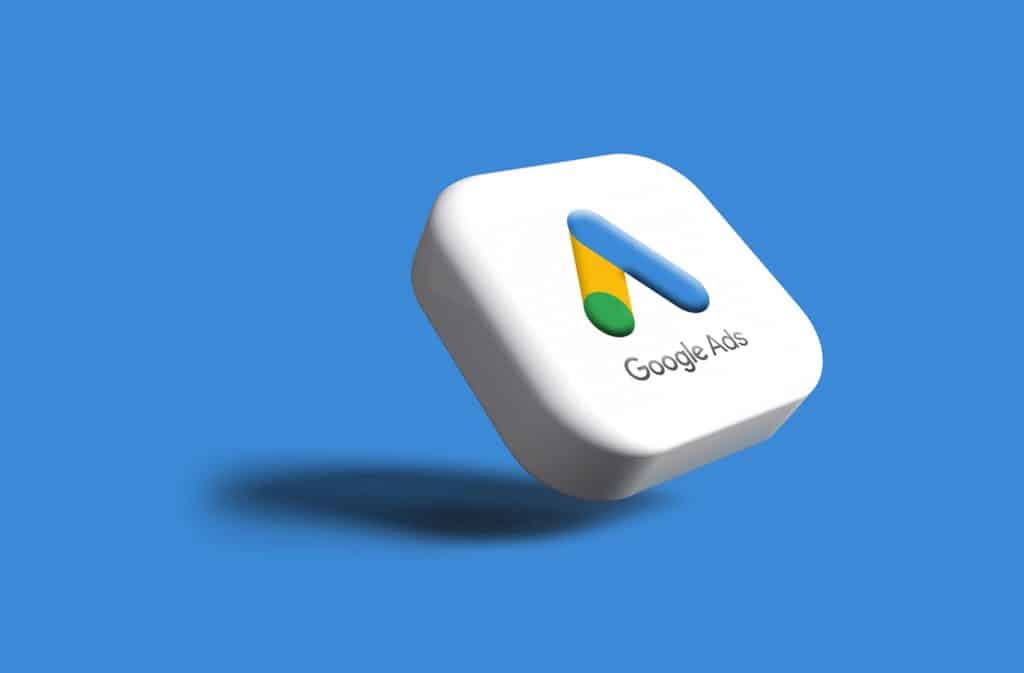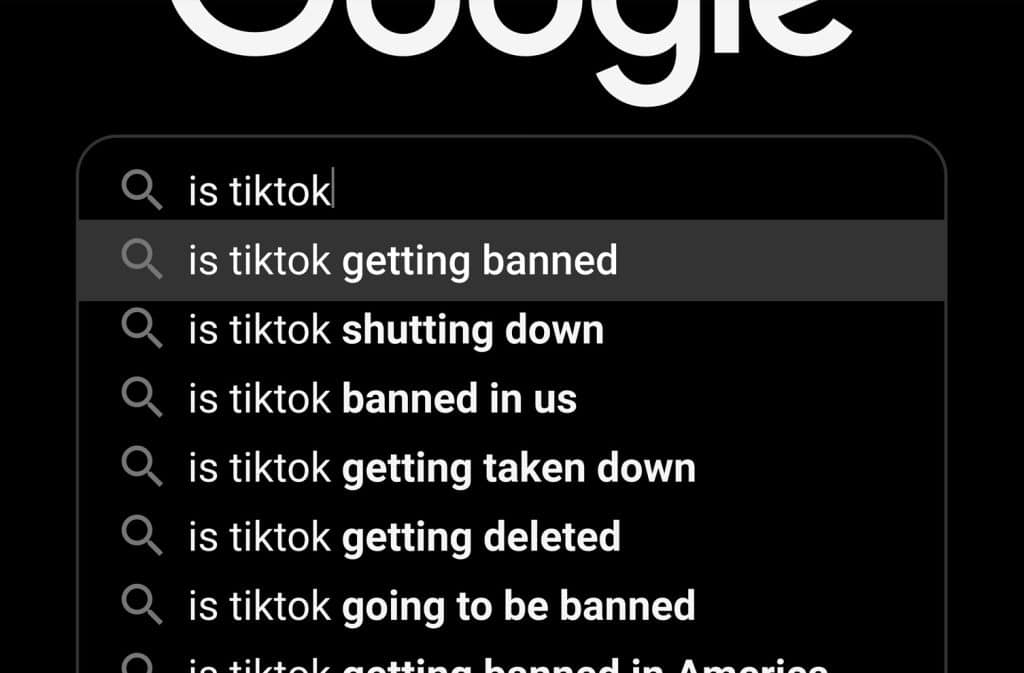A Guide to SEO, PPC, SERPs, and More
Marketing is overflowing with acronyms, buzzwords, and technical marketing jargon terms that can feel overwhelming. This guide breaks down the essential jargon you need to understand, organised by key areas:

SEO (Search Engine Optimisation)
- Keywords: The words or phrases people use when searching online. Your SEO strategy involves targeting the right keywords to get found.
- Organic Search: Website traffic that comes from “natural” search results, not paid ads.
- Backlinks: Links from other websites to your own. These are like votes of confidence and help boost your ranking in search results.
- Search Intent: The underlying reason behind someone’s search (wanting to learn, buy, find something specific). Understanding intent is key for good SEO.
- Algorithm: The complex set of rules search engines use to determine which websites rank where in the results.

PPC (Pay-Per-Click)
- CPC (Cost-Per-Click): The amount you pay each time someone clicks on your ad.
- Impressions: How many times your ad is displayed, even if no one clicks on it.
- CTR (Click-Through-Rate): The percentage of people who see your ad and actually click on it. A high CTR is a good sign.
- Conversion: When someone takes the desired action on your website (like making a purchase or filling out a form) after clicking an ad.
- Targeting: Choosing specific demographics, interests, or keywords to decide who sees your PPC ads.

SERPs (Search Engine Results Pages)
- SERP Features: Special elements on the results page, like maps, answer boxes, image carousels, and more.
- Knowledge Graph: Google’s system for understanding the relationships between facts, people, and things, which influences how information is displayed in SERPs.
- Rich Snippets: Enhanced search results that include extra info like star ratings, prices, or images.

General Marketing
- ROI (Return on Investment): A measure of how much money you make compared to how much you spend on marketing efforts.
- Lead: A potential customer who has shown interest in your product/service.
- Call to Action (CTA): A phrase or button that encourages the user to take a specific action, like “Learn More” or “Buy Now”.
- Buyer Persona: A fictional representation of your ideal customer, based on market research and existing customer data.
Key Takeaways
- Don’t be afraid of jargon – understanding these terms gives you power!
- SEO and PPC work differently but can be used together effectively.
- Marketing is always evolving, so be ready to keep learning and adapting.






